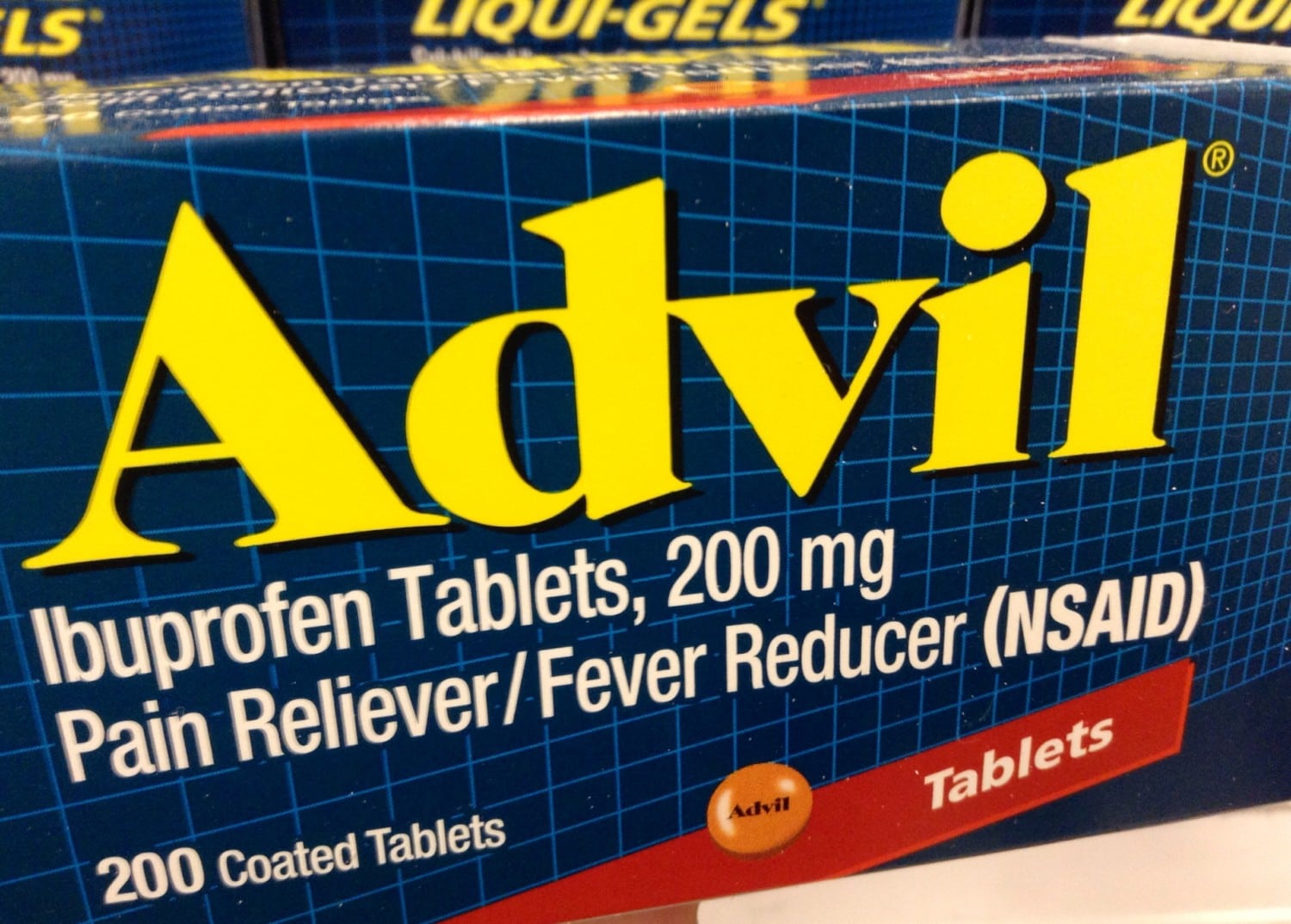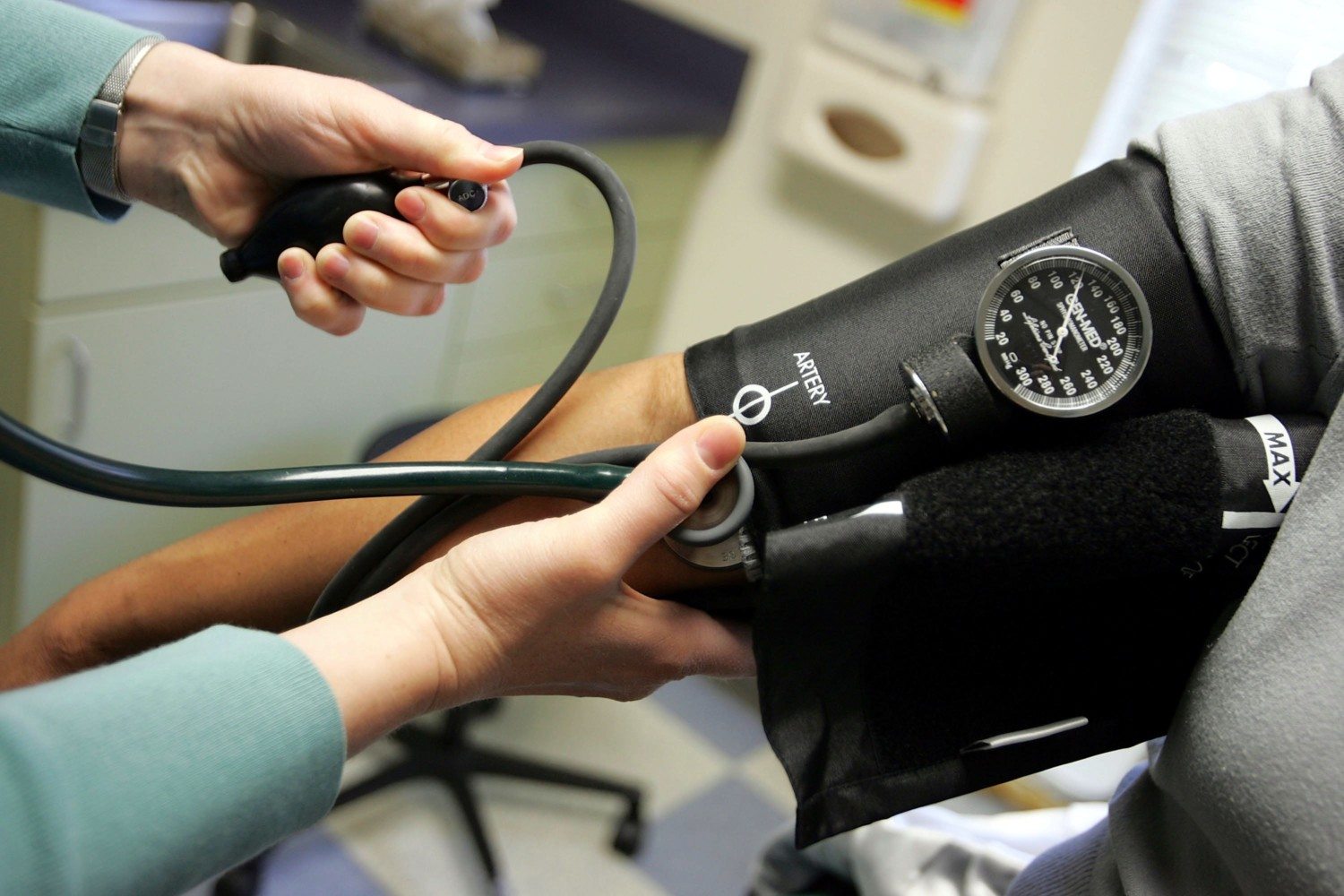Study shows one week of ibuprofen use tied to increased risk of heart attack

Most of us don’t think twice about downing a couple of ibuprofen.
Maybe it’s for a toothache, headache or menstrual cramps.
However, a European study published in the British Medical Journal revealed that taking ibuprofen for just one week could increase your risk of heart attack by up to 50 percent.
That sounds frightening, especially considering most people take drugs like Advil and Motrin like it’s no big deal.
The researchers studied the medical records of nearly 450,000 people, including 61,460 patients who had suffered a heart attack.
Their findings showed the patients who took ibuprofen had an increased heart attack risk of between 24 percent to 58 percent.
Ibuprofen Use No Cause For Panic, Yet
Other studies have shown regular, prolonged use of ibuprofen can also lead to an increased risk of heart failure.
However, this recent study is the first to suggest that even limited use of ibuprofen can be dangerous.
But don’t panic just yet. These findings rely on anecdotal evidence (i.e. a patient’s own memory of when they took medication, as well as how often and how much).
And the study showed only an “associated link” between the medication and increased heart attack risk.
This means there’s not enough evidence to prove that ibuprofen was the cause of the heart attacks.
For example, patients who took ibuprofen may have done so because they were experiencing pain such as rheumatoid arthritis.
This inflammation could be part of the reason for their heart attack, rather than the medication alone.
CNN interviewed Stephen Evans, professor of pharmacoepidemiology at the London School of Hygiene & Tropical Medicine, who noted that a 20 to 50 percent increased risk for someone who’s healthy is not much cause for concern.
“The risks are relatively small, and for most people who are not at high risk of a heart attack, these findings have minimal implications,” he said.
However, the study’s author, Gunnar Gislason of Denmark, still believes his findings prove that ibuprofen needs to be marketed and sold more carefully.
“Allowing these drugs to be purchased without a prescription, and without any advice or restrictions, sends a message to the public that they must be safe,” Gislason, a professor of cardiology at Copenhagen University Hospital Gentofte, told Good Housekeeping.
Should We Change How We Think About Ibuprofen?
About 80 percent of people rely on drugs like ibuprofen and other NSAIDs for relief from their aches and pains.
Research shows that two-thirds of us keep bottles in the car or in our handbags.
Meanwhile, you can barely turn on the television without seeing advertisements for these over-the-counter painkillers.
But maybe it is time we start to closely examine our relationship with these popular drugs.
This study definitely shines a light on the fact that all drugs come with some risks, so it’s important to talk to your doctor about your use of these OTC medications.
RELATED: The Difference Between Advil, Tylenol, Aleve And Aspirin All Summed Up In One Chart
You can find the full results of the study here in the BMJ.













